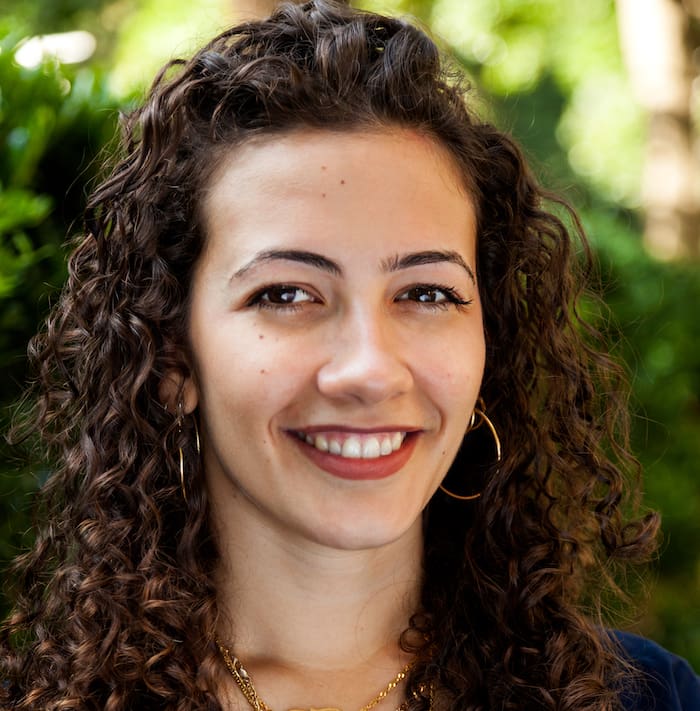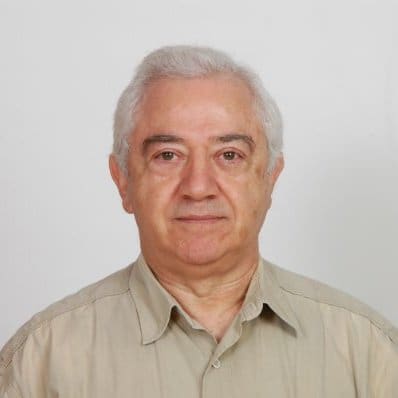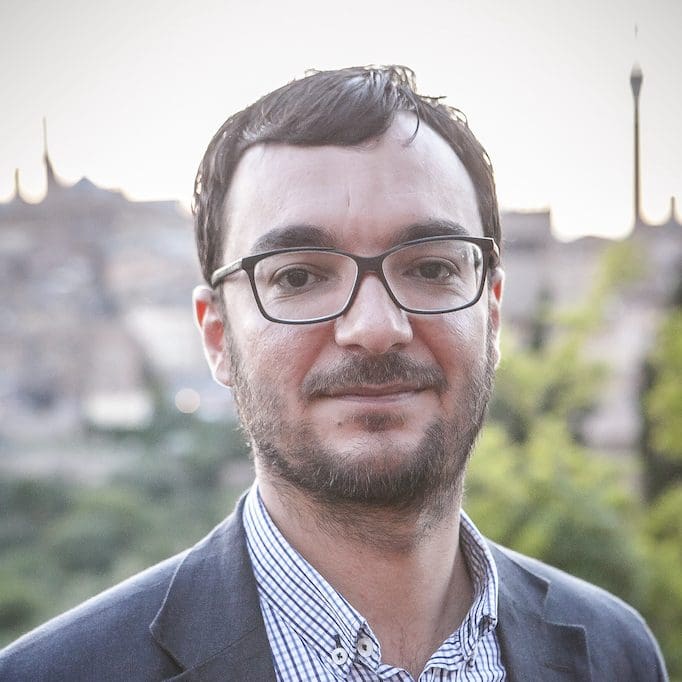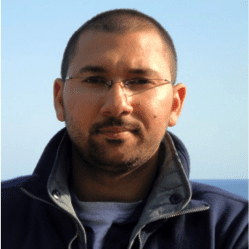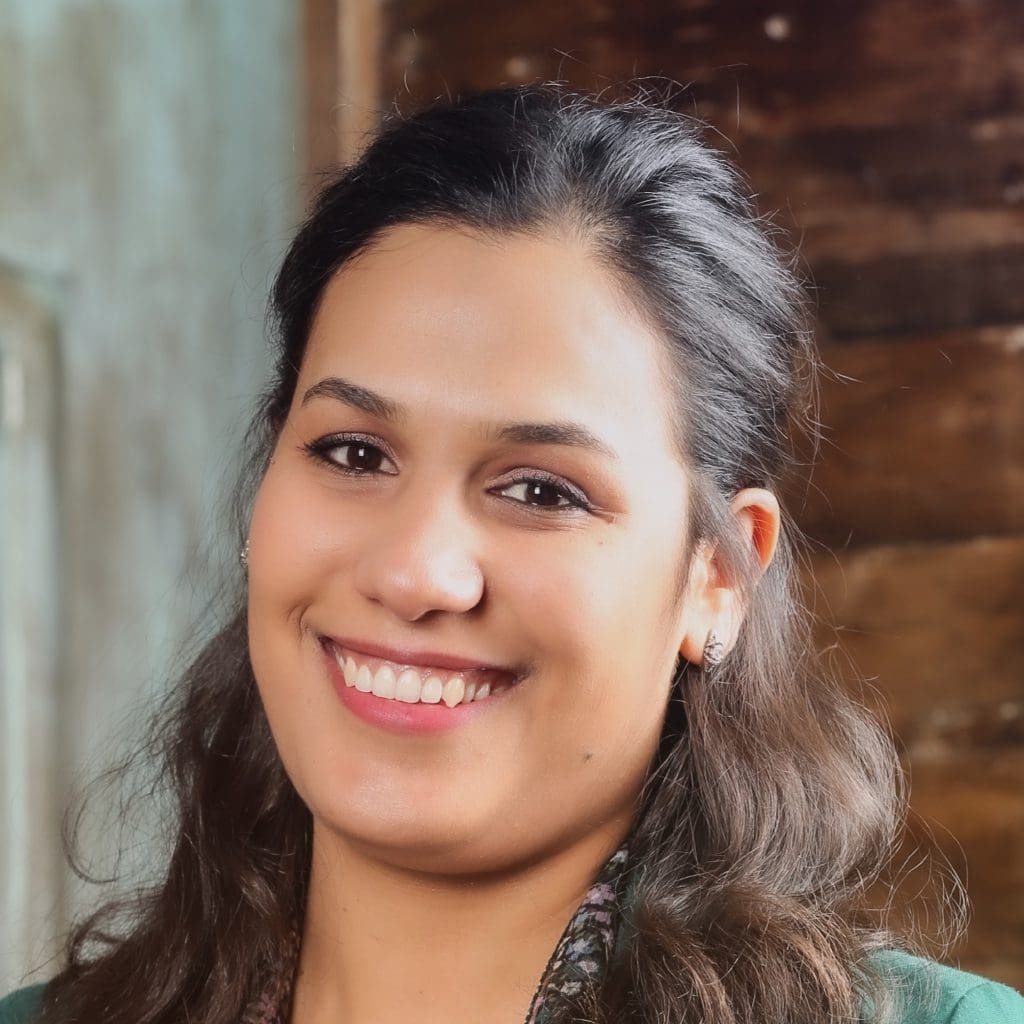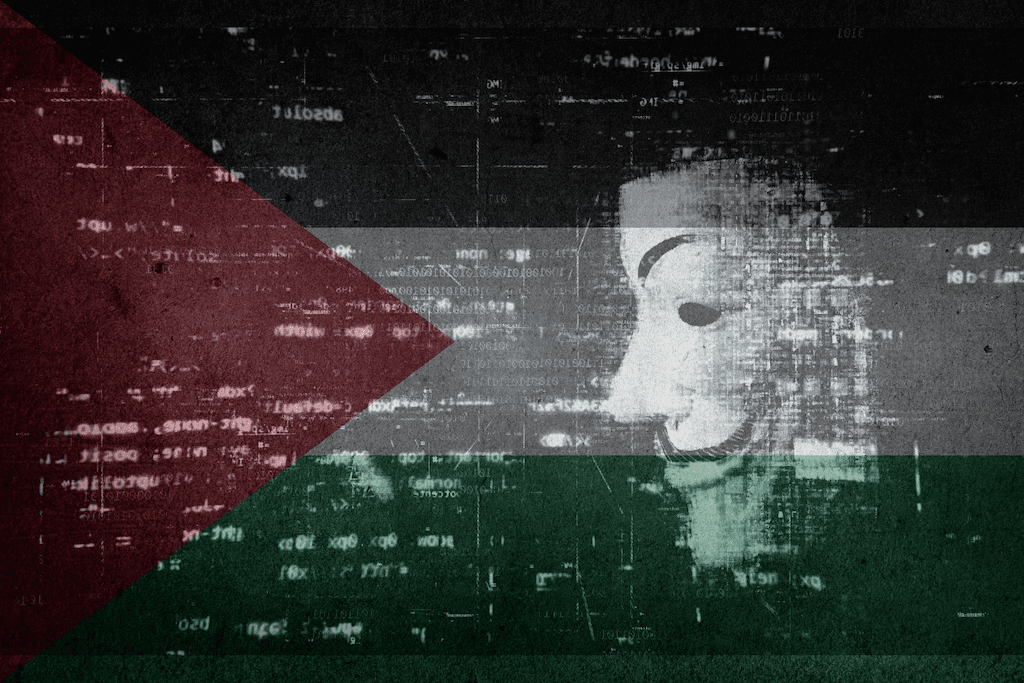
The arrival of new digital technologies over the past decade has had critical implications for Palestinian activism. On the one hand, these developments have reinvigorated the Palestinian cause. Indeed, social media platforms have facilitated new channels and modes of social organization, helping Palestinians counter their geographic fragmentation under Israeli apartheid; multimedia visualizations offer novel ways to communicate the histories and ongoing realities of the Palestinian struggle to global audiences; and digital currencies may help Palestinians in the West Bank and Gaza circumvent Israeli economic domination.
On the other hand, the threats that new technologies pose to Palestinians and their allies are significant. Using a range of technological and political tactics, the Israeli regime is increasingly infiltrating social media networks to criminalize Palestinian activism, violating Palestinians’ rights to privacy and free expression. Tech and social media companies often collaborate with the Israeli regime to remove Palestinian content and prevent their access to digital platforms. Beyond social media, the Israeli regime has turned the West Bank and Gaza into testing grounds for the development of unprecedented military and surveillance technologies, which are then outsourced to authoritarian governments worldwide on the condition that they silence Palestinian activism.
In this Focus On, Al-Shabaka analysts examine these trends and address the state of ICT infrastructure in Palestine, Israeli surveillance and the complicity of the Palestinian Authority (PA), and how Palestinians and their allies can resist violations of their digital rights.
The Palestinian ICT Sector: New Challenges and Possibilities
Cryptocurrencies and Palestinian Resistance: An Al-Shabaka Debate
Tariq Dana, Ibrahim Shikaki
Could digital currencies offer Palestinians a new form of resistance to Israeli economic dominance? Policy analysts Tariq Dana and Ibrahim Shikaki debate the potential benefits of cryptocurrency and blockchain technology for Palestinians, while noting the risks that this volatile phenomenon may pose. Read more…
ICT in Palestine: Challenging Power Dynamics and Limitations
David Musleh
Working in concert with expatriate Palestinian capitalists, the PA has aimed at expanding information and communications technologies (ICTs) in the West Bank. Yet, as David Musleh argues, Israeli restrictions have largely limited these efforts. What should the PA do to overcome these limitations? Read more…
ICT: The Shackled Engine of Palestine’s Development
Nur Arafeh, Wassim Abdullah, Sam Bahour
As a result of tight Israeli controls, Palestinians in the West Bank and Gaza suffer from restricted cellular services and a lack of vital ICT infrastructure. Policy analysts Nur Arafeh, Wassim Abdullah, and Sam Bahour discuss Israel’s impediments to the development of Palestinian ICT, and offer recommendations to Palestinian stakeholders for ensuring the viability of the stifled sector. Read more…
Social Media and Surveillance
Palestine Under Surveillance
Mona Shtaya
Mona Shtaya and Senior Analyst Yara Hawari examine the multiple technologies the Israeli regime employs to surveil Palestinians, exploring their impact on the work of activists and human rights defenders. They also discuss the debilitating consequences of constant surveillance on Palestinians’ daily lives. Read more…
Palestinian Digital Rights: Crackdowns & Corporate Complicity
Amal Nazzal
How have Facebook, WhatsApp, Twitter, YouTube, and other social media companies collaborated with the Israeli regime to violate Palestinian digital rights? Policy analyst Amal Nazzal and Senior Analyst Yara Hawari explore these troubling developments. Read more…
The Rise in Hate Speech Targeting Palestinians in Israeli Social Media
Nadim Nashif
As policy analyst Nadim Nashif shows, Palestinians face multiple threats on social media platforms. From the Israeli regime, which monitors Palestinians’ online activity, to the wider Israeli public, who incite violence against Palestinians with no accountability, Palestinians are increasingly being attacked online. What must be done to protect them? Read more…
Surveillance of Palestinians and the Fight for Digital Rights
Marwa Fatafta, Nadim Nashif
In this policy brief, policy analysts Marwa Fatafta and Nadim Nashif outline the extent of Israeli surveillance over Palestinians, and show how the Israeli regime, in collaboration with social media companies and the PA, violate Palestinian digital rights. They offer recommendations for what the PA, Palestinian civil society organizations, and social media companies must do to protect Palestinian digital users. Read more…
Resisting Digital Repression in Palestine and Beyond
Nadim Nashif, Raya Sharbain
In this policy lab, policy analyst Nadim Nashif and Raya Sharbain spotlight the increasing surveillance and violations of Palestinian digital rights both across colonized Palestine and beyond. What is the scope of this troubling development? What is Israel’s role in propagating it? Can Palestinians and their allies make use of digital technology to counter this trend? Read more…
Restricting Palestinian Access to Digital Technology
YouTube’s Violation of Palestinian Digital Rights: What Needs to be Done
Amal Nazzal
As policy analyst Amal Nazzal shows, YouTube has singled out Palestinian content creators and limited their access to its platform. She examines its problematic content moderation policies, as well as its artificial intelligence algorithms, that have restricted content posted by Palestinian YouTuber users. Read more…
Digital Censorship in the Palestinian Context
Marwa Fatafta, Nadim Nashif
Palestinians are facing mounting digital censorship from all angles, including from the Israeli government, the PA, and Hamas. Policy analysts Marwa Fatafta, Nadim Nashif, and Nur Arafeh discuss the implications of this growing trend, and suggest potential tools Palestinians can use to fight back. Read more…
Mapping Palestine: Decolonizing Spatial Practices
Zena Agha, Ahmad Barclay
How can maps – long-used to entrench Israeli settler colonialism and facilitate Palestinian dispossession – be reclaimed as tools for resistance? Can they be utilized to help envision a different Palestinian future? Policy analysts Zena Agha, Ahmad Barclay, and Nur Arafeh discuss. Read more…
Maps, Technology, and Decolonial Spatial Practices in Palestine
Zena Agha
Policy analyst Zena Agha explores the long history of cartography in Palestine. She shows how Palestinians have been excluded and erased from maps of their own land, but have also launched counter-mapping initiatives to reassert their presence. She offers recommendations for how Palestinians and their allies can resist colonial mapping. Read more…
The US Law Restricting Satellite Imagery of Palestine-Israel
Satellite Imagery and the Palestine-Israel Exception
Zena Agha
In these two pieces, policy analyst Zena Agha examines the 1997 Kyl-Bingaman Amendment (DBA) to the US National Defense Authorization Act, which has prevented clear satellite imagery of Palestine and Israel for the last 25 years. She discusses the implications for archaeologists, geographers, cartographers, and humanitarian groups active in the region. Read more here and here, respectively…


















